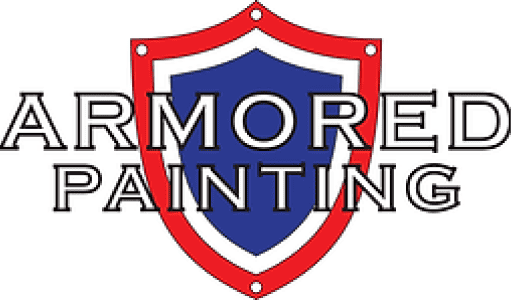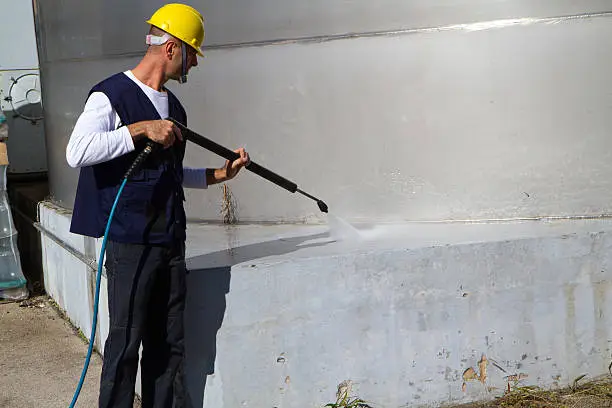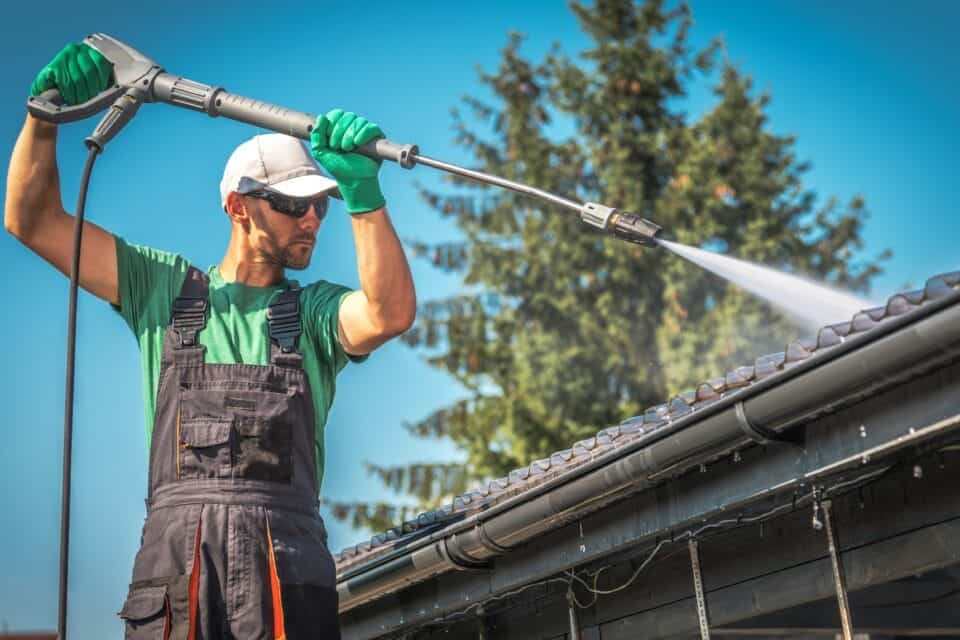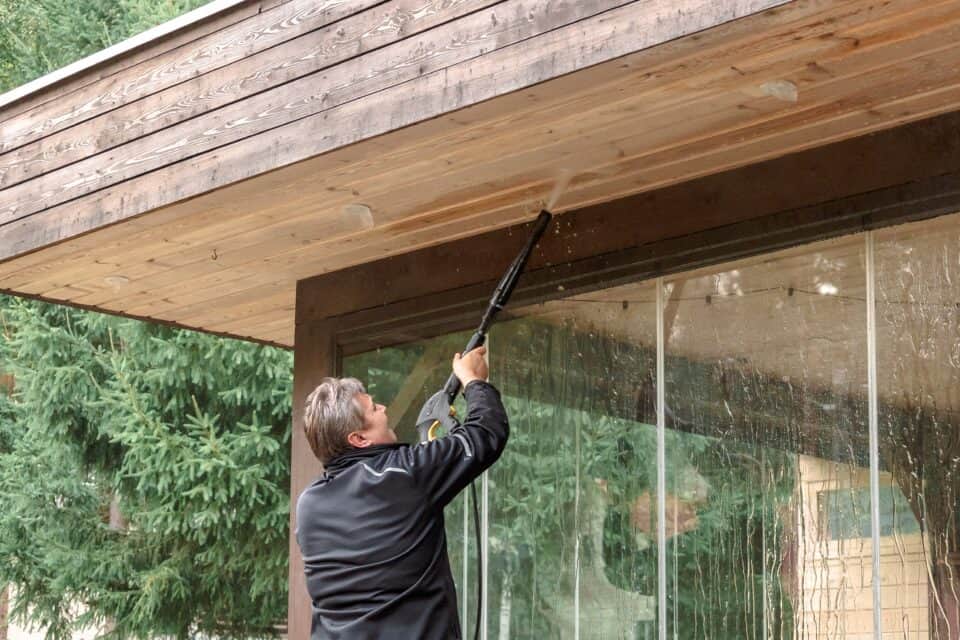When it comes to cleaning the exterior of your home, soft washing vs pressure washing is a comparison you’ll often encounter. Both methods are effective, but they serve different purposes and are suitable for specific surfaces. Understanding the differences between soft washing and pressure washing is essential for choosing the right technique to protect your property while achieving the best results. In this article, we’ll break down how these two cleaning methods work, their key differences, and when to use each for optimal care of your home or business.
Key Takeaways
- Soft washing uses low pressure combined with specialized cleaning solutions, making it ideal for delicate surfaces like roofs and painted exteriors, while pressure washing uses high-pressure water for tougher, durable surfaces like concrete and brick.
- Soft washing is more effective at removing organic growth such as mold, mildew, and algae, and provides longer-lasting results compared to pressure washing, which primarily removes surface dirt.
- Pressure washing is faster and ideal for large, hard surfaces but can potentially damage softer materials if not used carefully.
- Choosing the right method—soft wash vs pressure wash—depends on the surface material and the type of cleaning required, making professional advice important for optimal results.
What is Soft Washing?
Soft washing is a low-pressure cleaning method that uses specialized detergents or cleaning solutions to break down and remove dirt, algae, mildew, and other contaminants from the surface of your home or property. Unlike pressure washing, which uses high-pressure water to forcefully clean surfaces, soft washing relies on a combination of chemical agents and gentle water pressure to clean surfaces without causing damage.
The key benefit of soft washing is its ability to clean delicate surfaces without risking the damage that high-pressure washing could cause. It’s especially effective for surfaces like roofs, painted exteriors, and areas that may be prone to damage from high-pressure streams.
Pros and Cons of Soft Washing
Pros:
- Gentler on Surfaces: Soft washing uses a gentle stream of water and powerful cleaning solutions, making it safe for sensitive surfaces like roofs, vinyl siding, and painted exteriors.
- Longer-Lasting Results: The chemical cleaning agents used in soft washing help to kill mold, mildew, algae, and bacteria, which means the results last longer compared to pressure washing.
- More Effective on Organic Growth: Soft washing is especially effective at removing algae, mold, and mildew, which thrive in the damp environment of exterior surfaces like roofs and siding.
Cons:
- Slower Process: Since soft washing relies on chemical treatments and a gentle spray, it typically takes longer to clean surfaces compared to pressure washing.
- Requires Specialized Solutions: Soft washing often requires the use of specific cleaning agents that can add to the cost and require careful handling.
What is Pressure Washing?
Pressure washing, or power washing, is a cleaning method that utilizes high-pressure water to remove dirt, grime, stains, and other debris from hard surfaces. This method is often used on concrete, brick, stone, and other durable materials. Pressure washing works by delivering a forceful stream of water that blasts away dirt and contaminants, making it ideal for outdoor spaces like driveways, patios, and decks.
Pressure washing is known for its speed and efficiency, especially when cleaning large areas with tough dirt or stains. However, it’s important to note that pressure washing may not be suitable for all surfaces, especially those that are delicate or easily damaged.
Pros and Cons of Pressure Washing
Pros:
- Quick and Efficient: Pressure washing is highly effective and fast, making it perfect for large areas or stubborn stains.
- Great for Hard Surfaces: Pressure washing excels at cleaning tough, hard surfaces such as concrete, brick, stone, and driveways, removing deep-seated dirt and grime.
- Versatile: Pressure washing can be used for a variety of cleaning tasks, from cleaning gutters to washing driveways, siding, and outdoor furniture.
Cons:
- Risk of Damage: High pressure can cause damage to delicate surfaces such as wood, shingles, or painted siding. It’s crucial to know which surfaces are safe to pressure wash.
- Temporary Results on Organic Growth: While pressure washing removes surface dirt, it doesn’t kill mold, mildew, or algae, which means the issue can quickly return.
Main Difference Between Soft Washing and Pressure Washing
The primary difference between soft washing vs pressure washing is the method of cleaning and the amount of pressure used. Soft washing uses a low-pressure water stream combined with chemicals to clean and sanitize surfaces, making it ideal for more delicate materials. Pressure washing, on the other hand, uses high-pressure water to physically remove dirt and grime, which is effective on hard, durable surfaces but can be damaging to softer materials.
Here’s a quick comparison of soft wash vs pressure wash:
| Feature | Soft Washing | Pressure Washing |
|---|---|---|
| Pressure Level | Low pressure | High pressure |
| Cleaning Method | Chemical solutions + gentle water | High-pressure water only |
| Best For | Roofs, siding, delicate surfaces | Driveways, patios, concrete, brick |
| Safety | Safe on most surfaces | Can damage delicate surfaces |
| Effectiveness on Organic Growth | Very effective at removing mold, mildew, and algae | Only removes surface dirt, doesn’t kill organic growth |
| Duration of Results | Longer-lasting (months or even years) | Temporary (dirt can return quickly) |
Your Professional House Washing Services Company!
When it comes to cleaning the exterior of your home or commercial property, it’s essential to choose the right method to achieve the best results. Both soft washing vs pressure washing have their unique benefits, but understanding which to use can make all the difference in preserving the integrity of your property.
At Armored Painting, we offer professional house washing services that include both soft washing and pressure washing options. Our team of experts is equipped with the knowledge and tools to determine the best cleaning method for your property’s specific needs. We also provide additional services such as residential and commercial painting, interior and exterior painting, house remodeling, and more. Whether you need to refresh the look of your home or maintain the cleanliness of your property, we’re here to help. Contact us today to know more.
Frequently Asked Questions
Can I Soft Wash or Pressure Wash My House Myself?
While DIY pressure washing or soft washing is possible, it requires specialized equipment, knowledge of the right chemicals, and understanding of how to safely apply the techniques. Improper use can lead to property damage, injury, or ineffective cleaning. It’s best to consult professionals for optimal results.
How Often Should I Soft Wash or Pressure Wash My Property?
The frequency of soft washing or pressure washing depends on the environment and exposure to dirt, mold, and algae. Typically, it’s recommended to pressure wash driveways and hard surfaces annually, while soft washing for roof and siding maintenance may only be needed every 2–3 years.
Is There a Difference in Cost Between Soft Washing and Pressure Washing?
Yes, pressure washing vs soft washing can vary in price. Soft washing may cost more due to the specialized chemicals and equipment required, as well as the longer duration of the cleaning process. Pressure washing, being a faster process, may be more affordable in some cases.



